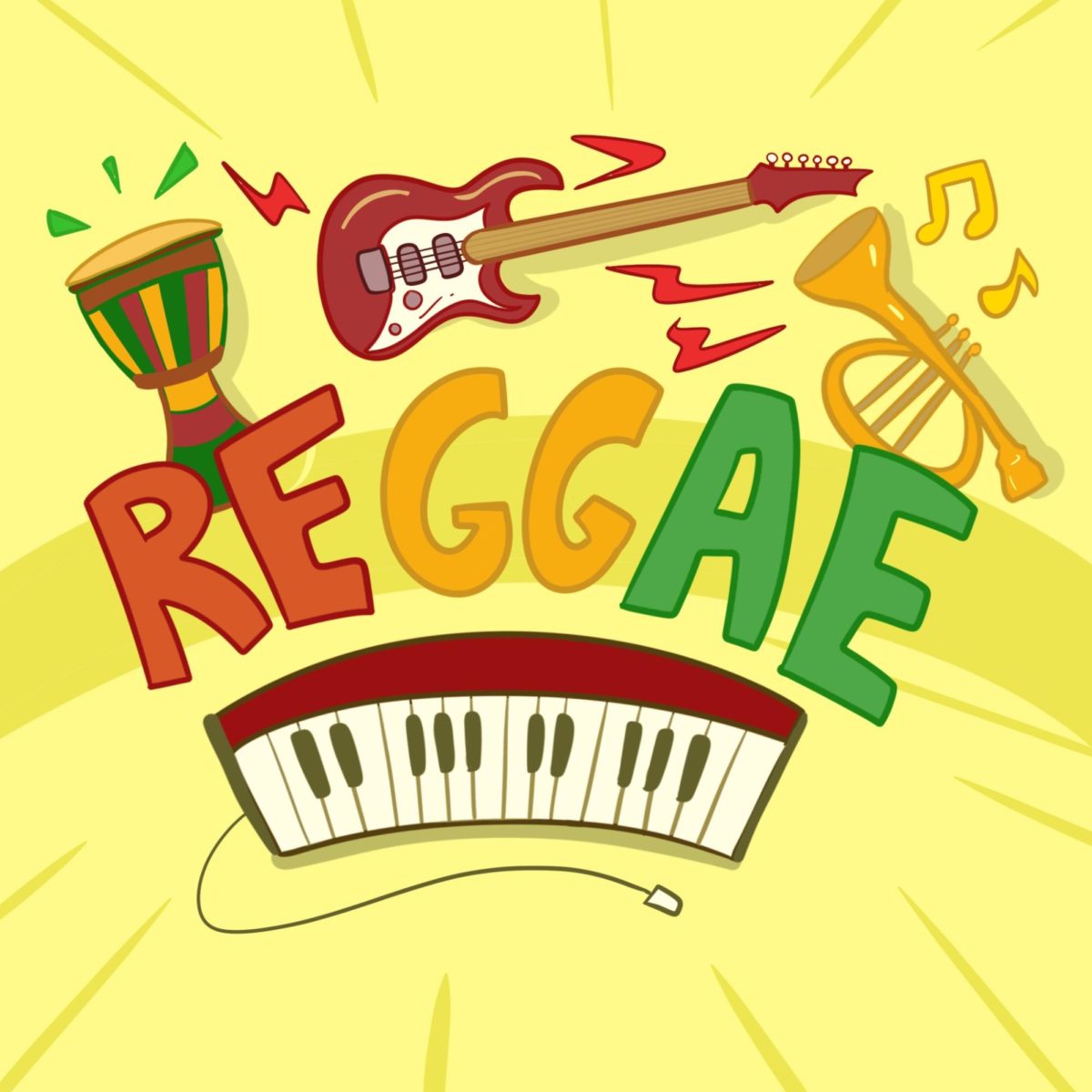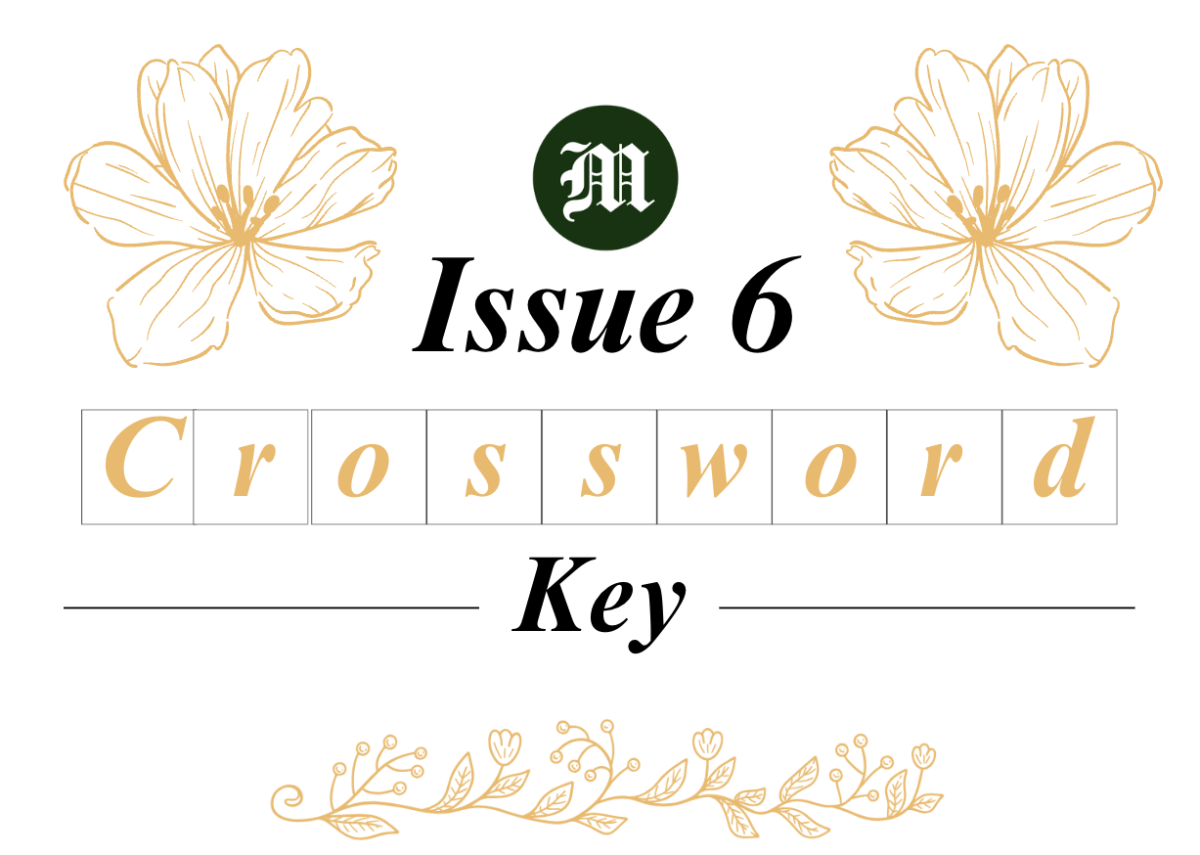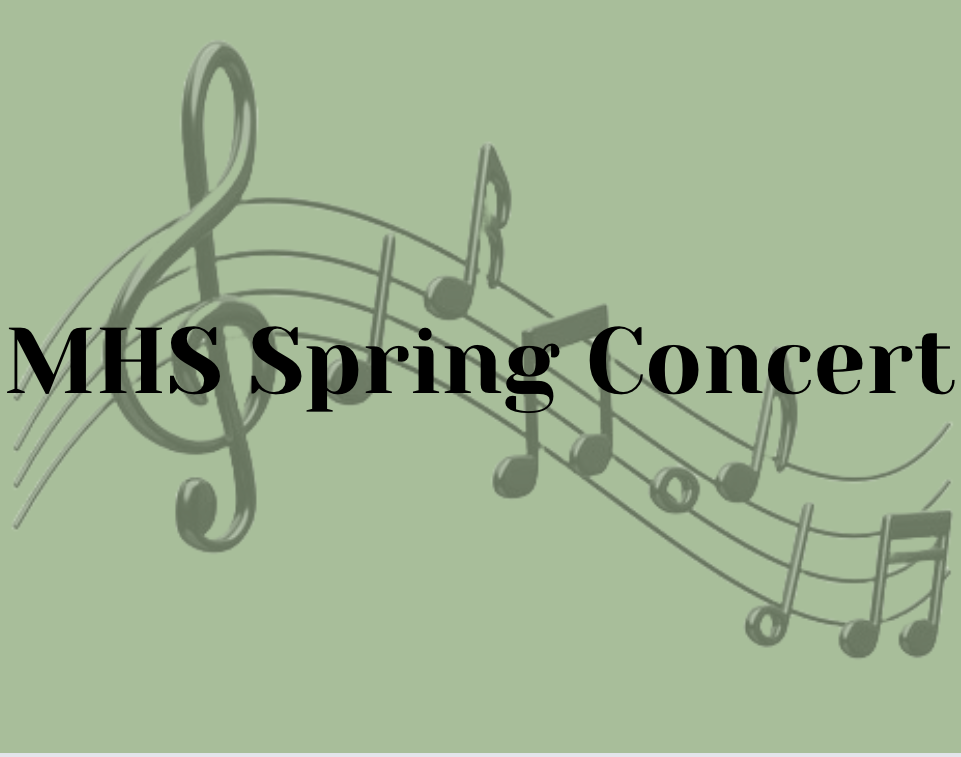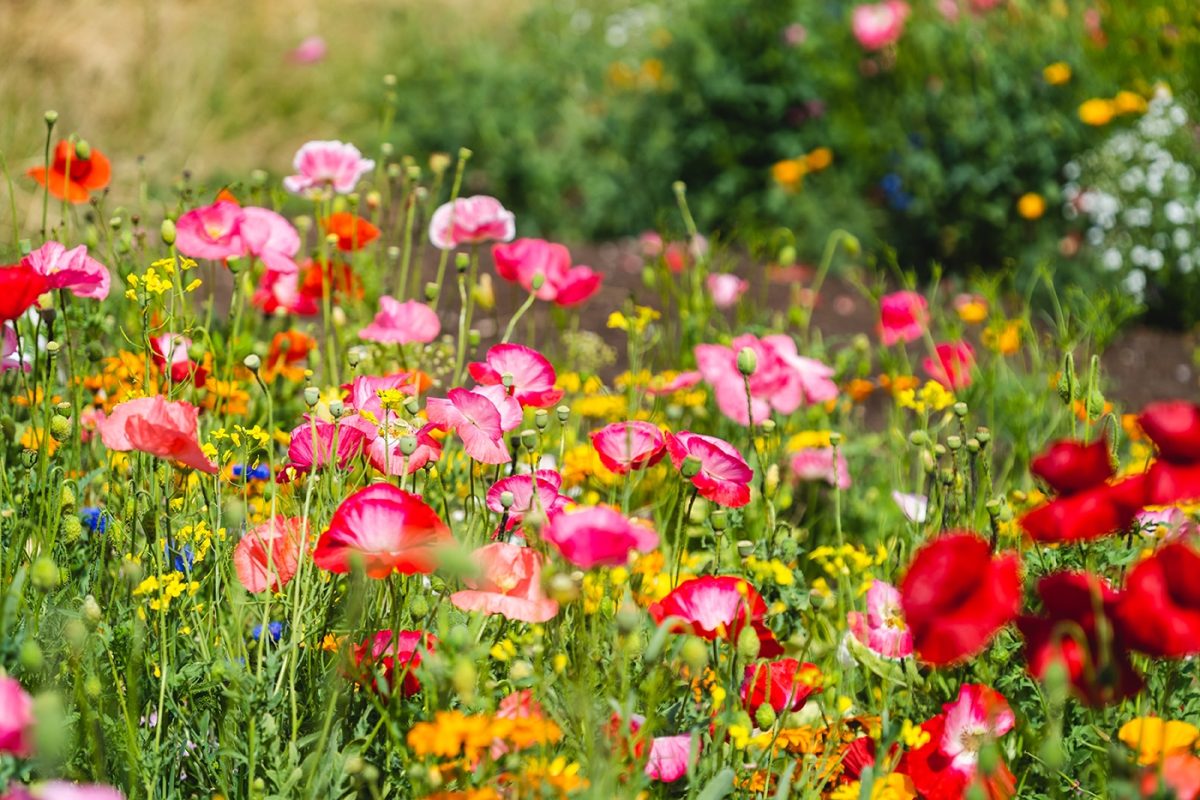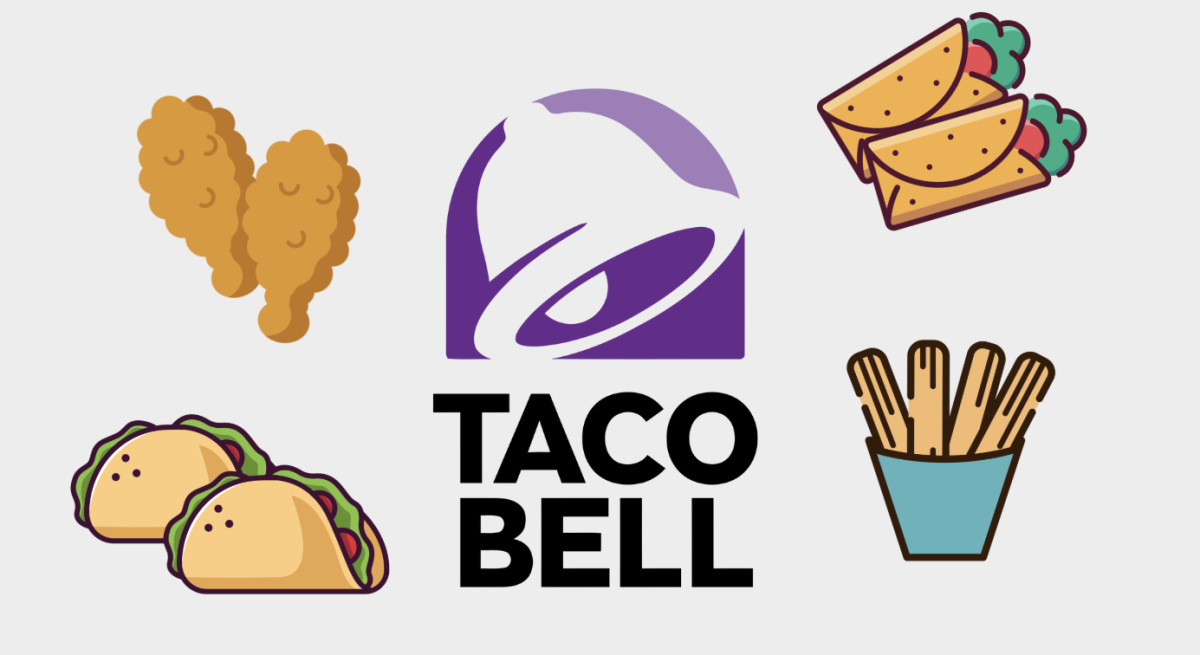Radios have the inimitable ability to introduce you to music you never would have known or chosen to listen to. Today’s radio station is characterized by four beat rhythms, off-beats chords, and if you close your eyes, you can feel the soft sand of the beach with clear blue water and soft, cheery music humming in the background.
Reggae comes from the term “rege-rege” or “ragged clothes.” It is the culmination of decades of culture, history, and preceding music styles. Well before reggae came mento, traditional Jamaican folk music. In the late 1800s to early 1900s, enslaved Africans were brought to Jamaica. They brought their religion and culture, including traditional African music. Fusing Africa and Europes’ rhythms, mento was created. Mento band members play banjos, violins, fiddles, and vocalists play the guitar. Mento is characterized by acoustics and the emphasis on the fourth beat in a measure. Simultaneously with mento, the genre of calypso originated in Trinidad and Tobago. Similarly, calypso involved highly rhythmic instrumentation and harmonic vocals.
As I write this article, listening to my own curated playlist of reggae songs, I can’t help but feel calm. No matter what test or a missing assignment I have to deal with tomorrow, I am brought back to the beach with the clear blue water. However, while reggae does emulate tranquility, this tranquility was an outcry for peace amidst political turmoil in Jamaica.
In 1962, Jamaica declared independence from the United Kingdom. This independence is echoed in the genre of ska and its upbeat tone. Ska combined elements of Caribbean mento and calypso with American jazz’s rhythm and blues. It is characterized by a “walking bassline,” where low bass notes play steadily in time with the song’s rhythm. In 1966, rocksteady slowed the beat of ska, creating a slow baseline, today this is one of the most recognizable features in Jamaican music.
Finally, with decades of beat change, historical disturbances, and musical change/variety, reggae came to be what it is today: a rag-tag combination of mainly mento and ska combined with American jazz. It rose in popularity not only in Jamaica, but in England where Jamaicans immigrated amidst political turmoil. In England, Trojan Records, a record label founded in 1968, featured ska, rocksteady, and reggae music. Here, reggae artist Desmon Dekker became the first Jamaican to reach the #1 in the UK Singles Chart with his song “The Israelites.” However the reggae in England differed greatly from the reggae in Jamaica. While UK’s reggae gained recognition for being a fun and new style of music, artists wrote reggae in Jamaica with a bigger purpose of stopping upheaval in Jamaica’s political scene.
Another defining voice of reggae is Bob Marley, a Jamaican artist who came into the music industry around 1964. His music articulated the desire for peace as political groups fought against each other in Jamaica. Marley became an incredibly well known figure in Jamaica even as various political parties tried to capitalize on his success by using him to spread their messages. Sadly, Marley died of melanoma in 1981 at the age of 36. Though his life was cut short, his impact (and children), still shines today as popular modern reggae bands emerge. Slightly Stoopid, the Wailer, and Tribal Seeds are making reggae their own and every year, there are over 250 concerts dedicated to reggae.
“I went to see Slightly Stoopid last year and am planning on going to The Wailers and Tribal Seeds within the next 2 months,” junior and reggae enthusiast Wyatt Feausier said.
Whether the background music to your everyday activities, your choice of genre for a drive to the beach, or your mood-enhancing playlist, reggae is a versatile genre with an indescribable feeling of cheerfulness and tranquility. As the King of Reggae, Bob Marley, once said “I hope you like jammin too,” and will keep the radio station on when reggae starts to play!

